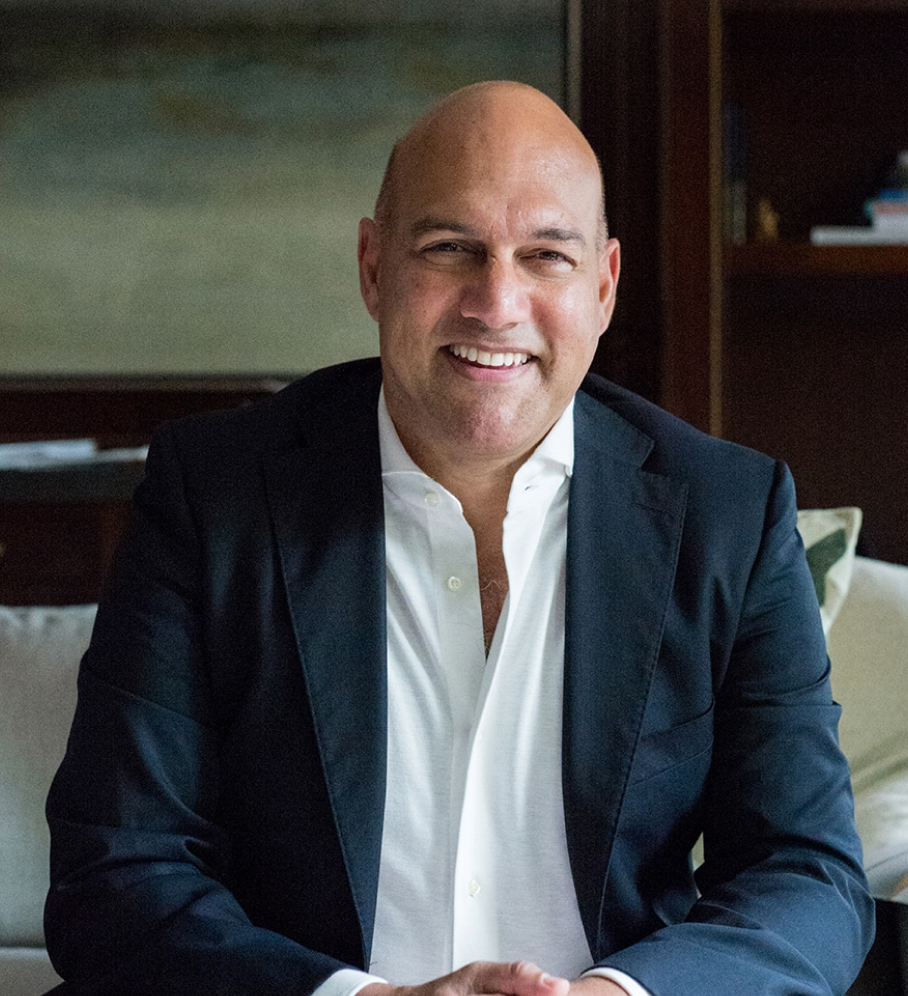The Social Life
Social Enterprises (SEs) are emerging in the 21st century as a distinct—and growing—movement. This trend has been led by a number of different foundations (e.g., Ashoka, Skoll), regional movements (e.g., Grameen Bank in Pakistan under Muhammed Yunis), and university business schools (e.g., Oxford, Harvard, Stanford). A 2022 study estimated that there were 11 million social enterprises globally. (1) All of these enterprises, almost by definition, are pursuing their own MTPs and have proclaimed them publicly.
Though their definition remains somewhat amorphous, social enterprises are structured and behave like traditional companies but include strong social benefits in their operations. In theory, SEs generate enough income that they can operate independently without relying on regular capital injections from charitable institutions. To date, only a fraction of SEs have reached that level of self-sufficiency.
Needless to say, not every enterprise can be a social enterprise. On the contrary, the world’s economy runs on profit-generating, wealth-creating commercial operations.
That said, the rise of social enterprises has undoubtedly had an impact on the explosion of corporate social responsibility (CSR) programs over the last decade. In 2012, 57% of Fortune 500 companies published a CSR report—double the number from the previous year. By 2019, 90% of the companies on the S&P 500 Index, that bellwether of US stock market performance, published sustainability, corporate responsibility, or citizenship reports in their annual reports.
CSR initiatives are add-ons to most companies’ core business. For social enterprises, however, CSR initiatives are the core business. The Massive Transformational Purpose takes the middle ground: it captures the importance of CSR to social enterprises but embeds it at the center of the ExO—then supercharges it with the highest possible goals. This shift now has been embodied by some larger companies—for example, Patagonia—where positive social impact becomes a core driver of strategy.
(1) First global social enterprise census reveals ‘one of the largest movements of our time’
Join Our ExO Community - Unlock Exponential Growth!
Traditional growth models risk obsolescence. Learn how to become an Exponential Organization (ExO) and drive innovation with disruptive technologies. Sign up now!
Organizations implementing the formula have delivered over
- ⭐ 6.8x high profitability
- ⭐ 40x higher shareholder returns
- ⭐ 11.7x better asset turnover
- ⭐ 2.6x better revenue growth






